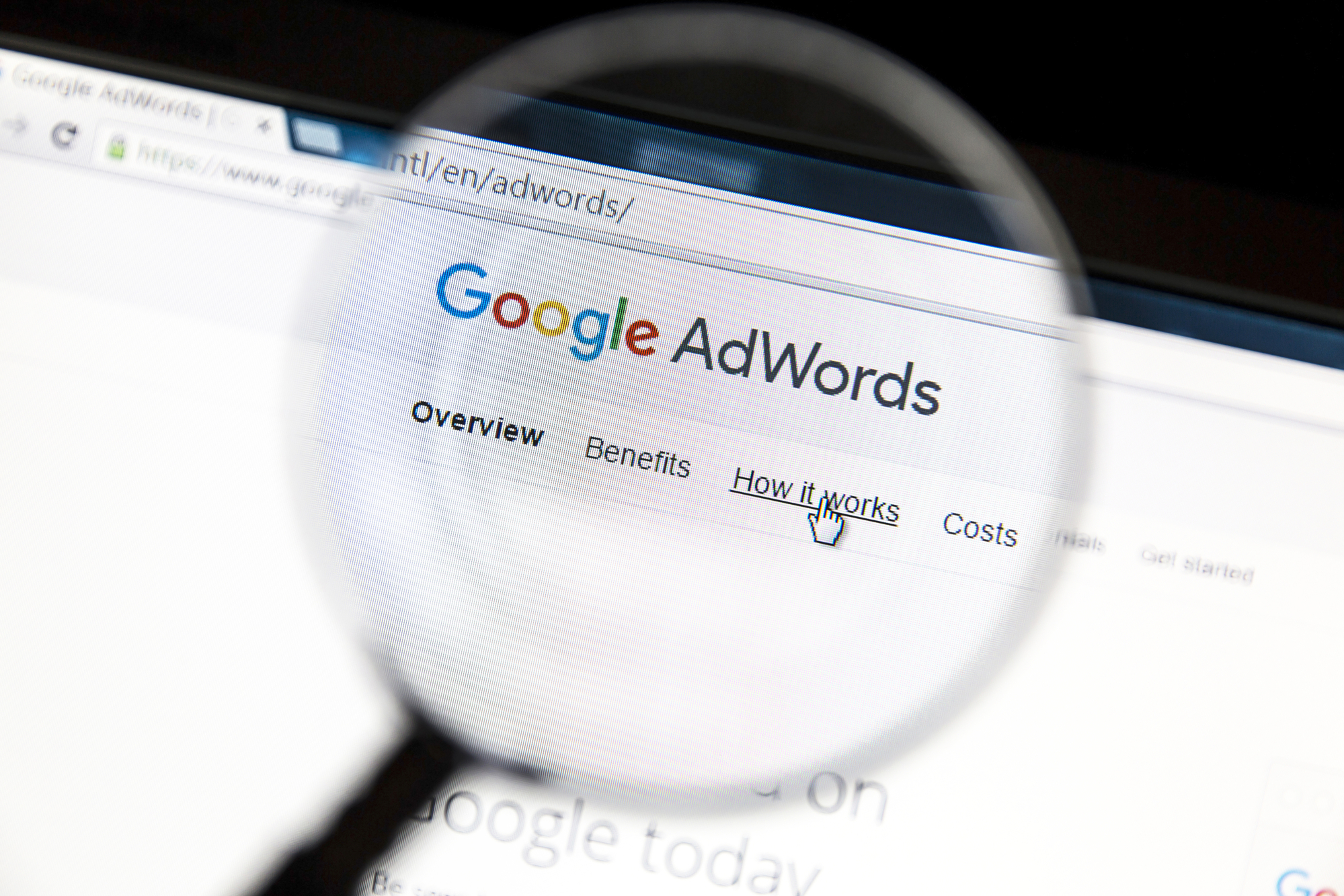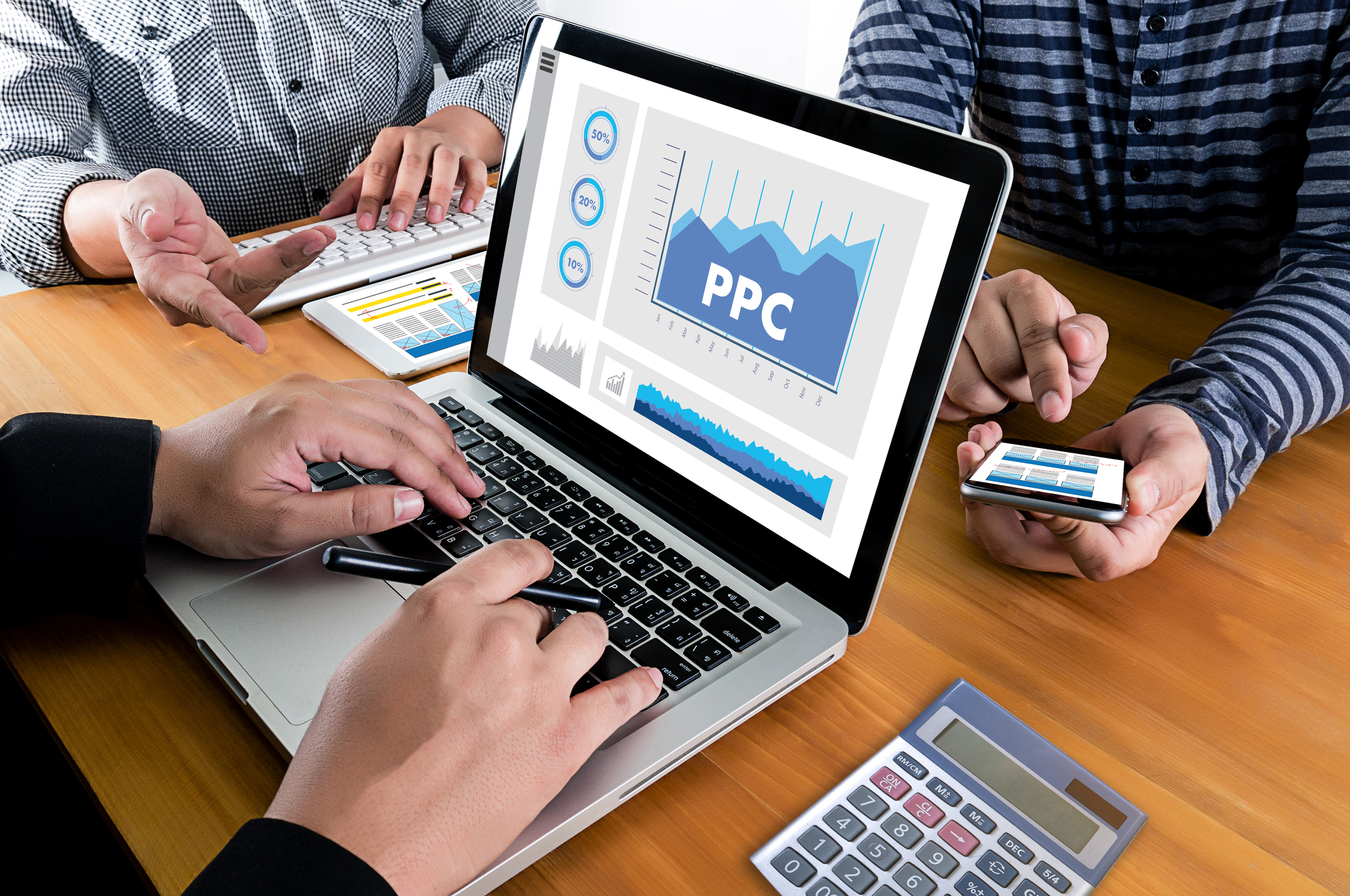Embarking on the journey of Pay-Per-Click (PPC) advertising can be both exciting and challenging. While the prospect of reaching a targeted audience and driving conversions is promising, navigating the complexities of PPC requires a strategic approach. In this blog, we'll provide essential tips to help you get started with PPC and set the stage for a successful digital advertising campaign.
1. Define Your Goals and Objectives
Before launching into the world of PPC, it's crucial to clearly define your goals. Whether you aim to increase website traffic, boost sales, or enhance brand awareness, having well-defined objectives will guide your entire PPC strategy.
2. Know Your Audience Inside Out
Understanding your target audience is at the heart of successful PPC campaigns. Research your audience's demographics, interests, and online behaviour. Use this information to craft compelling ad copy and choose the most relevant keywords.
3. Conduct Thorough Keyword Research
Keywords are the building blocks of PPC. Identify relevant keywords that align with your business and resonate with your audience. Utilise tools like Google Keyword Planner to discover high-performing keywords and build a robust list.
4. Create Compelling Ad Copy
Crafting compelling ad copy is an art. Your ads should be concise, persuasive, and aligned with the expectations of your target audience. Highlight unique selling propositions and create a sense of urgency to encourage clicks.
5. Landing Page Optimisation
Once users click on your ad, their journey doesn't end there. Ensure that your landing pages are optimized for conversions. Maintain a clear and consistent message, minimise distractions, and make the call-to-action (CTA) prominent.
6. Set a Realistic Budget
Establishing a budget is a fundamental aspect of PPC management. Start with a realistic budget that aligns with your business goals. Monitor your spending and make adjustments based on performance.
7. Utilise Ad Extensions
Enhance the visibility and effectiveness of your ads by incorporating ad extensions. Sitelink extensions, callout extensions, and structured snippet extensions provide additional information and encourage users to engage with your ad.
8. Geo-Targeting and Schedule Optimisation
Refine your targeting by specifying geographic locations and scheduling when your ads appear. Geo-targeting ensures your ads reach users in specific locations, while scheduling optimization allows you to display ads during peak times for your target audience.
9. Monitor and Analyse Performance Regularly
PPC is a dynamic landscape, and monitoring performance is critical. Utilise analytics tools to track key metrics, such as click-through rates (CTR), conversion rates, and return on ad spend (ROAS). Regular analysis helps identify areas for improvement.
10. Continuous Learning and Optimisation
The digital landscape evolves, and so should your PPC strategy. Stay informed about industry trends, algorithm updates, and emerging technologies. Continuously optimise your campaigns based on data and insights gained from performance metrics.
Embarking on a PPC journey requires a combination of strategic planning, creativity, and continuous optimisation. By defining clear goals, understanding your audience, conducting thorough keyword research, and employing best practices in ad creation and landing page optimisation, you'll be well on your way to PPC success. Embrace the learning process, stay adaptable, and watch your campaigns thrive in the dynamic world of digital advertising.



